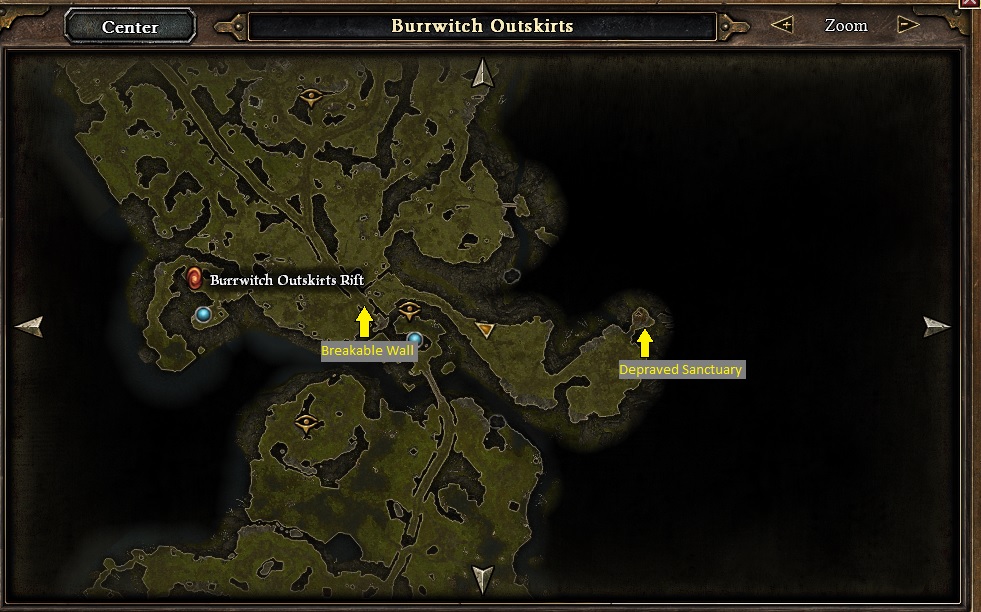

CIRRIE is supported by a grant from the National Institute on Disability and Rehabilitation Research of the U.S. and other countries in the field of rehabilitation. The mission of CIRRIE is to facilitate the exchange of information and expertise between the U.S.
#Grim dawn family matters series#
This monograph is part of a series developed by CIRRIE - the Center for International Rehabilitation Research Information and Exchange - at the University at Buffalo, State University of New York. Baer, J.D., who is legal analyst for Through the Looking Glass in Berkley, California, an organization that serves families with disabilities. The author joins me in thanking two reviewers who provided suggestions that have enriched this monograph: Venus Ilagan, a Filipino disability leader and Chairperson of the Asia–Pacific Region of Disabled People's International, and Rosalinda L. She has a son who has autism and is currently completing her Ph.D. de Torres holds a Masters degree in Mass Communication with a major in Journalism, and has been an independent corporate writer in the Philippines since 1988. The author of this monograph, Sheila de Torres, is well qualified to assist readers in the U.S. The purpose of this monograph is to provide an introduction to the culture of the Philippines, especially as it relates to disability and rehabilitation. Service providers who work with Filipinos would benefit from a basic understanding of some of the themes and values that underlie Filipino culture. In spite of language skills and relatively high economic prosperity, Filipinos retain many cultural traits that can influence the effectiveness of rehabilitation programs for Filipinos with disabilities in the U.S. Unlike many other immigrant groups, Filipinos in the U.S. administered the Philippines from 1898 until 1946, most Filipinos speak English in addition to Filipino languages. In spite of their large numbers, Filipinos are sometimes called an invisible immigrant group, perhaps because they are often mistaken for other Asian groups or sometimes for Latinos. from the Philippines is second only to immigration from Mexico. The author wishes to thank the faculty members of the Special Education Area, College of Education, University of the Philippines as well as her colleagues and fellow doctoral graduate students who wholeheartedly supported her and helped her find relevant information for this monograph.

Home > Monographs > Understanding Persons of Philippine Origin: A Primer for Rehabilitation Service Providers Understanding Persons of Philippine Origin: A Primer for Rehabilitation Service Providers Rehabilitation Provider\'s Guide to Cultures of the Foreign-Born.Interprofessional Simulation Cases for Cultural Competence.


 0 kommentar(er)
0 kommentar(er)
